Results
-
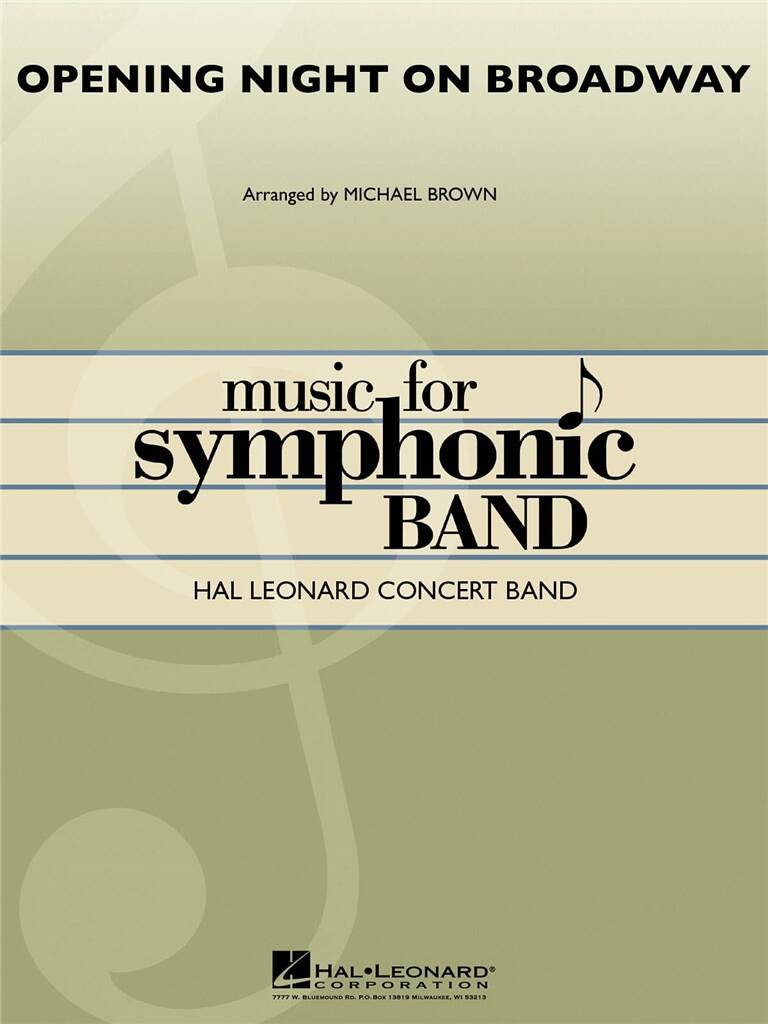 £79.99
£79.99Opening Night on Broadway
A new generation of musicals is hitting the Great White Way, resulting in a renewed vitality in the music written for the stage. Here is a dynamic collection of future classics in a sparkling and entertaining medley from Michael Brown. Includes: "Springtime for Hitler" (The Producers), "The Avenue Q Theme," "Always Look on the Bright Side of Life" (Spamalot), "For Good" (Wicked)and "Circle of Life" (The Lion King).
Estimated dispatch 7-14 working days
-
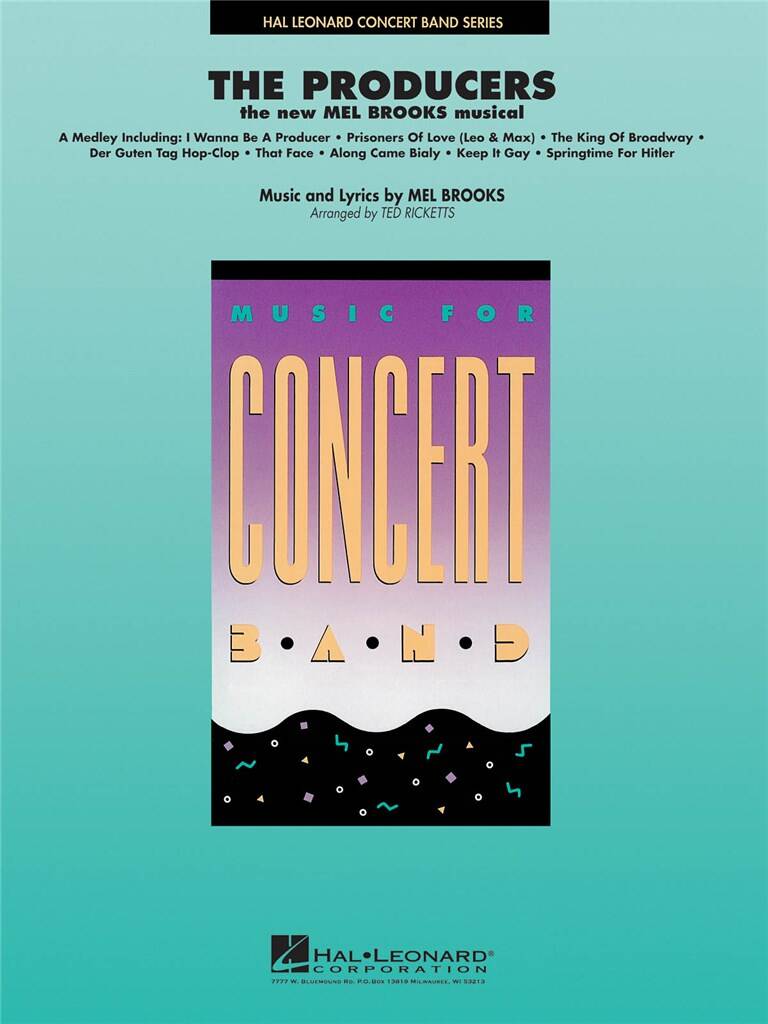 £76.99
£76.99The Producers
Currently the hottest ticket on Broadway, this Mel Brook's masterpiece features a wealth of dazzling show tunes. Includes: Along Came Bialy, Der Guten Tag Hop-Clop, I Wanna Be A Producer, Keep It Gay, The King Of Broadway, Prisoners Of Love, That Face, and of course, Springtime For Hitler.
Estimated dispatch 7-14 working days
-
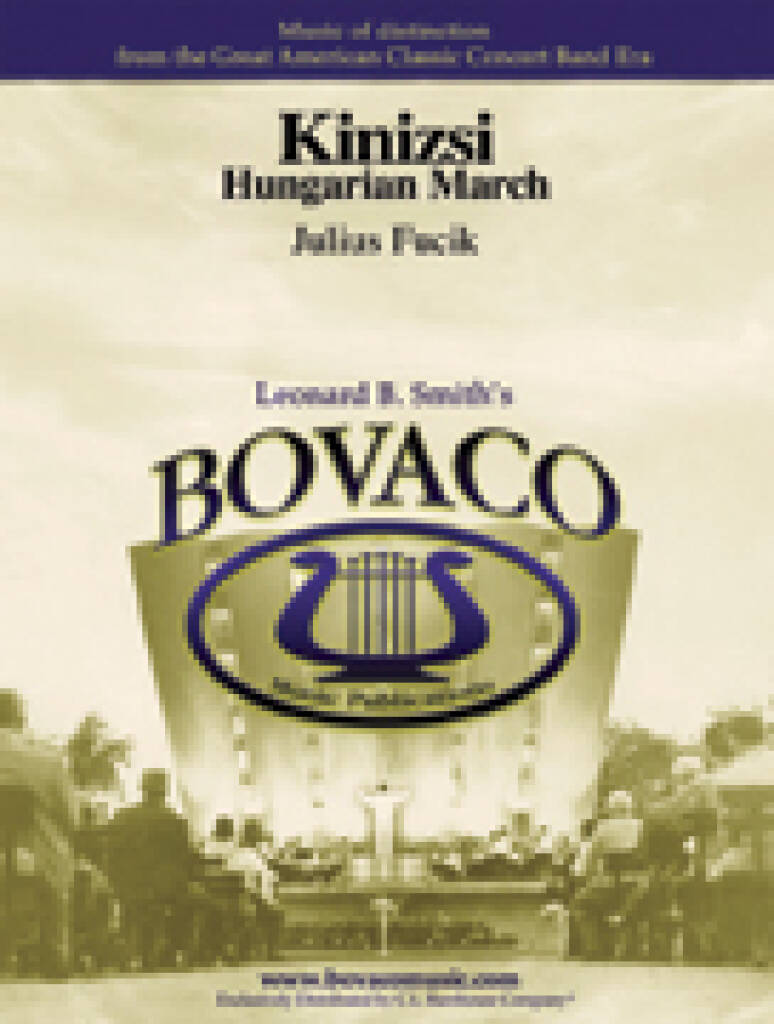 £65.99
£65.99Kinizsi - Fucik
Julius Fucik was the king of Czech music, composing many marches, waltzes, polkas, and other light works, and is most famous for his "Entrance of the Gladiators" and "Florentiner" marches. His Hungarian march "Kinizsi", named for the famous Hungarian military hero, is a powerful symphonic march for mature bands. Impressive and unique!
Estimated dispatch 7-14 working days
-
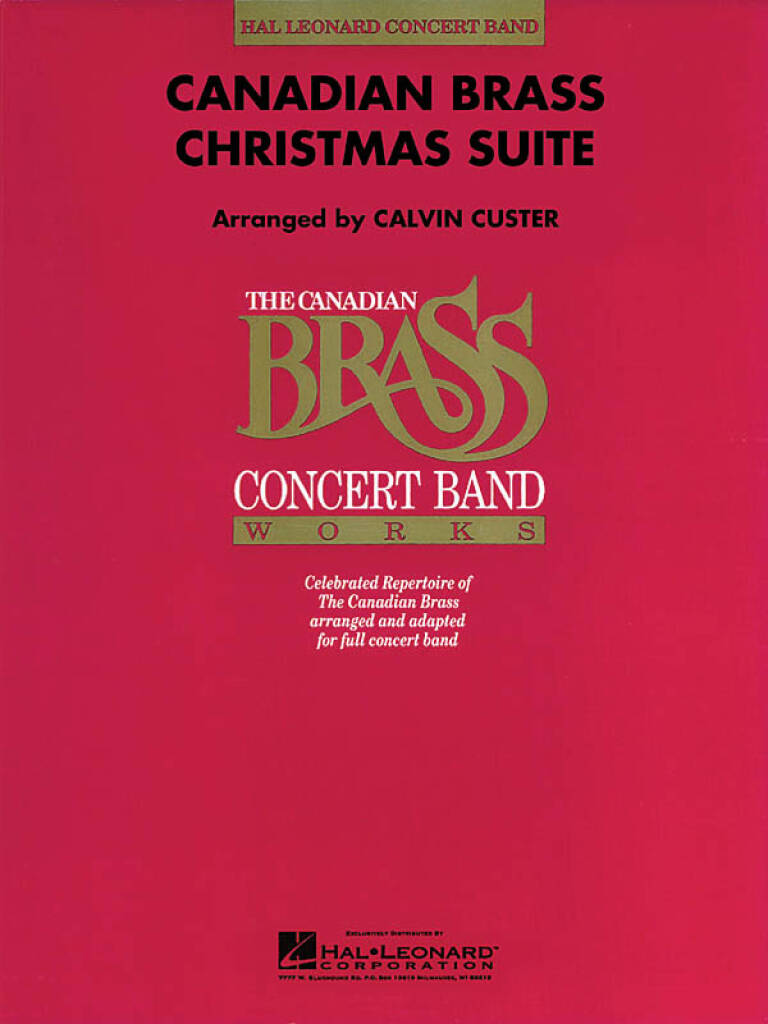 £72.99
£72.99Canadian Brass Christmas Suite
Over their twenty year span, the Canadian Brass have recorded many memorable Christmas songs that have become classic recordings heard everywhere. Here are six of their favorites, woven together into an outstanding medley for band. Includes: Jingle Bells; Good King Wenceslas; Lo, How A Rose E'er Blooming; Carol Of The Bells; Silent Night; and O, Come All Ye Faithful.
Estimated dispatch 7-14 working days
-
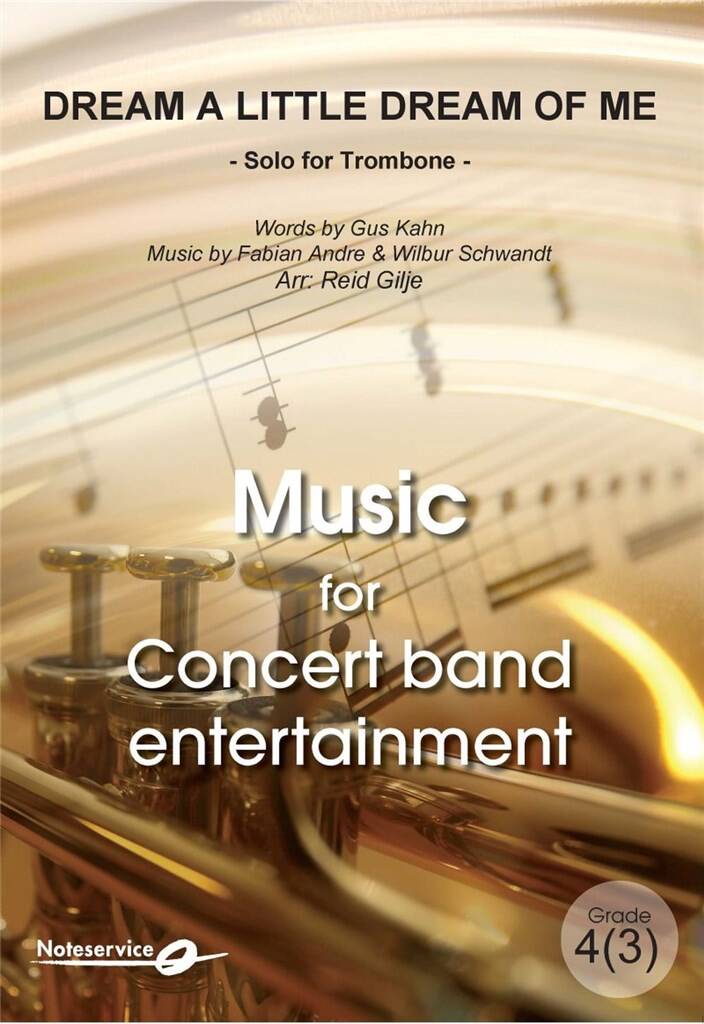 £149.40
£149.40Dream a Little Dream of Me - Gus Kahn
This song was written in 1931 by Fabian Andre and Wilbur Schwandt with lyrics by Gus Kahn. It's now one of the most popular songs from the Great American Songbook and it's also recorded in many versions. Ella Fitzgerald, Louis Armstrong and Nat King Cole are among the most famous ones that have recorded it. In later years singers like Michael Bubl, Diana Krall land Robin Williams have all recorded "Dream a Little Dream of Me". This arrangement is inspired by the version by American band Chicago from their 1995 album release "Night & Day".
Estimated dispatch 7-14 working days
-
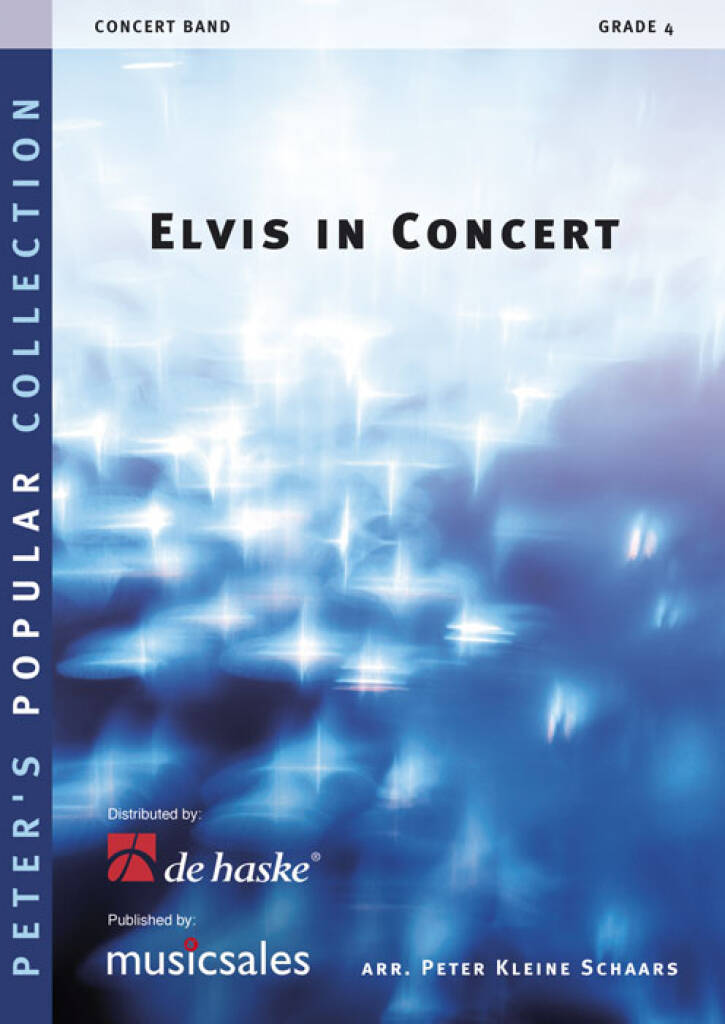 £137.99
£137.99Elvis in Concert
In his capacity as staff arranger of the Royal Marine Band of the Dutch Navy this arrangement is one of the best loved by Peter Kleine Schaars' band. Elvis in Concert features the twelve greatest his of 'The King", so musicians won't have time to get bored! In addition, this compelling Elvis medley contains delightful moments of recognition for your audience too!
Estimated dispatch 7-14 working days
-
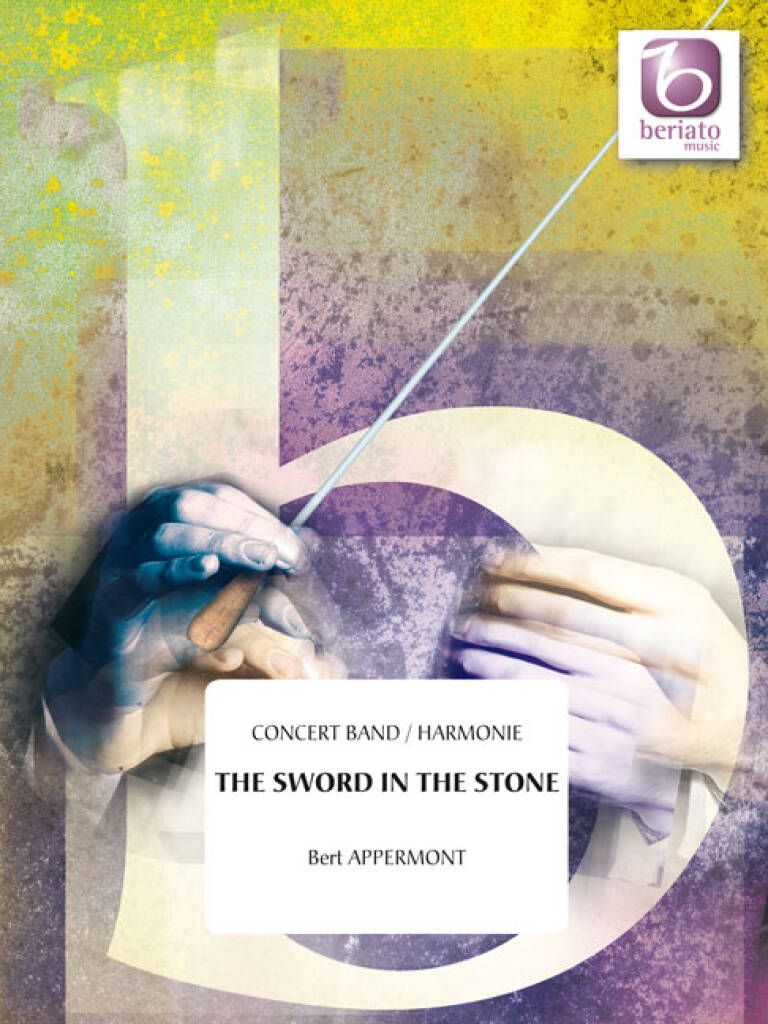 £84.99
£84.99The Sword in the Stone - Bert Appermont
This musical fairy tale takes place during the middle ages in England, at the court of King Arthur and his knights of the round table. Bert Appermont wanted to cast knights, castles, and princesses as the lead role and let young bands andsmaller/incomplete ensembles enjoy this rich fantasy.
Estimated dispatch 7-14 working days
-
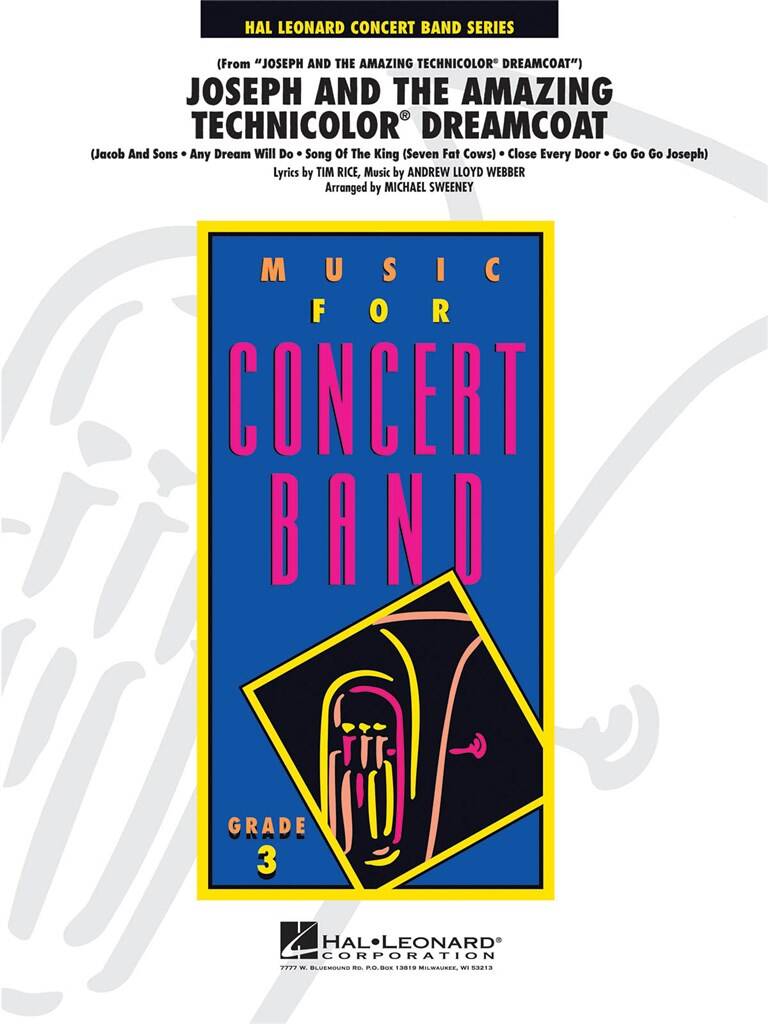 £72.99
£72.99Joseph and the Amazing Technicolor Dreamcoat - Andrew Lloyd Webber
This Andrew Lloyd Webber show has made a spectacular return to American stages with new musical arrangements, dazzling stage effects, and a top-selling soundtrack CD. Michael Sweeney's outstanding medley includes: Jacob And Sons, Any Dream Will Do, Song Of The King, Close Every Door, and Go, Go, Go Joseph.
Estimated dispatch 7-14 working days
-
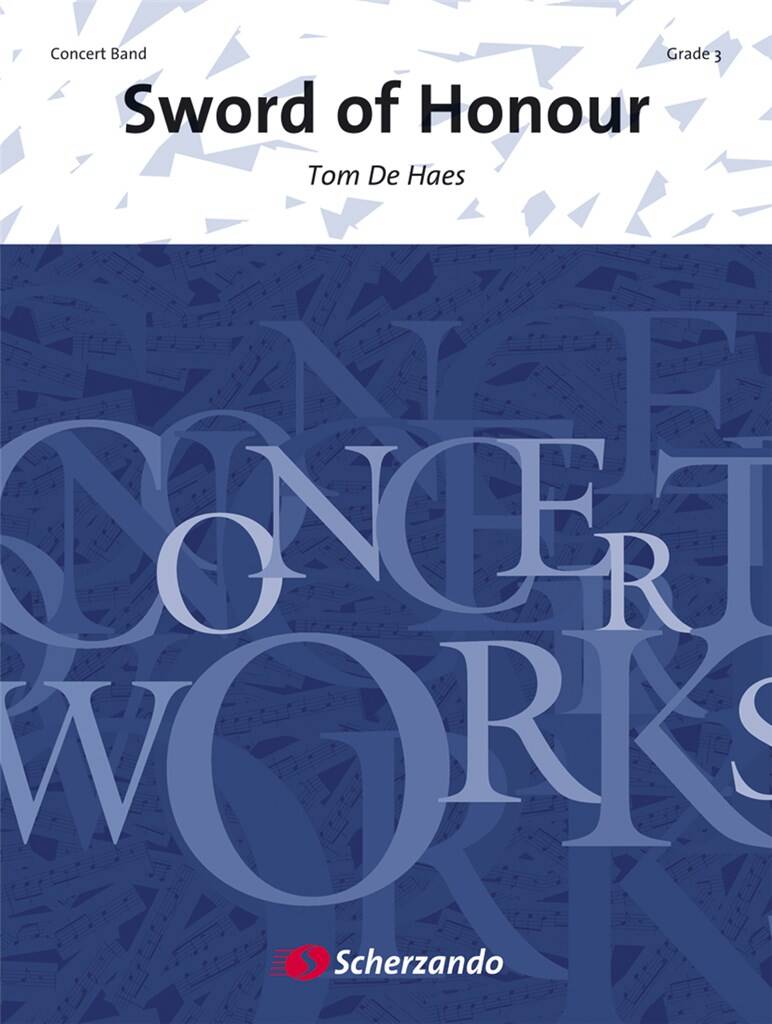 £137.99
£137.99Sword of Honour - Tom De Haes
With Sword of Honour, Tom De Haes brings to life the noble knightGawain of King Arthur?s court. The composition is built around twomain themes, which express the audacity and noble character ofGawain. The varied harmonies and orchestrations of both themesreflect the many layers of these courtly qualities. Both themes cometogether towards the end of the work to form a stately closing.
Estimated dispatch 7-14 working days
-
£64.99
The Festive Season - Paul Curnow
Colorful lights, shining candles, sparkling bulbs, gifts beautifully wrapped and friends coming to visit. And with the friends come music, merry singing and joyous carols resounding through the house. When you think about and sing along to Good King Wenceslas and God Rest You Merry, Gentlemen, you can scarcely sit still. Then when Jingle Bells is heard, it seems as though you should stand and dance while singing. It is the Festive Season!
Estimated dispatch 7-14 working days
